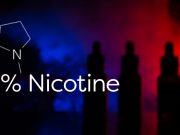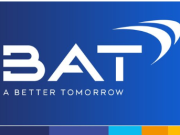Discussing the tax at a standing committee on finance, BAT spokesperson Dane Mouyis said that according to their data, vaping products account for less than 0.5% of the entire nicotine product market of South Africa. However, he added, there is an over-proportioned number of retailers who are manufacturing and selling their own e-liquids.
He said that data by Oxford Economics found that in order for tax to reach its objective, a rate of R1.45/ml should be the absolute upper limit of the duty. While, Asanda Gcoyi from the Vapour Products Association of South Africa (VPASA) warned that the tax would drive price increases onto the consumer, and one could see the average price of vape products increase by 138% and e-liquid consumption drop by 36%.
The Control of Tobacco Products and Electronic Delivery Systems Bill
Meanwhile, a new tobacco bill which would replace the decade old Tobacco Products Control Amendment Act, is in the process of being finalized. The Control of Tobacco Products and Electronic Delivery Systems Bill, has been in the works since 2018 and was announced by Deputy Health Minister Joe Phaahla in 2020. It would prohibit smoking in public spaces and set in place stricter e-cigarettes regulations, that include restrictions on the use, marketing, and sales of certain tobacco products. Moreover, it would set in place a provision allowing the government to implement a “100% public cigarette ban.”
The government’s failure to process the bill has frustrated public health experts, who say the country has fallen behind global best practice. The 2008 Tobacco Products Control Amendment Act currently in force, has not been updated in over a decade and therefore contains no provisions to regulate new-generation products such as vapes.
Read Further: Business Tech












